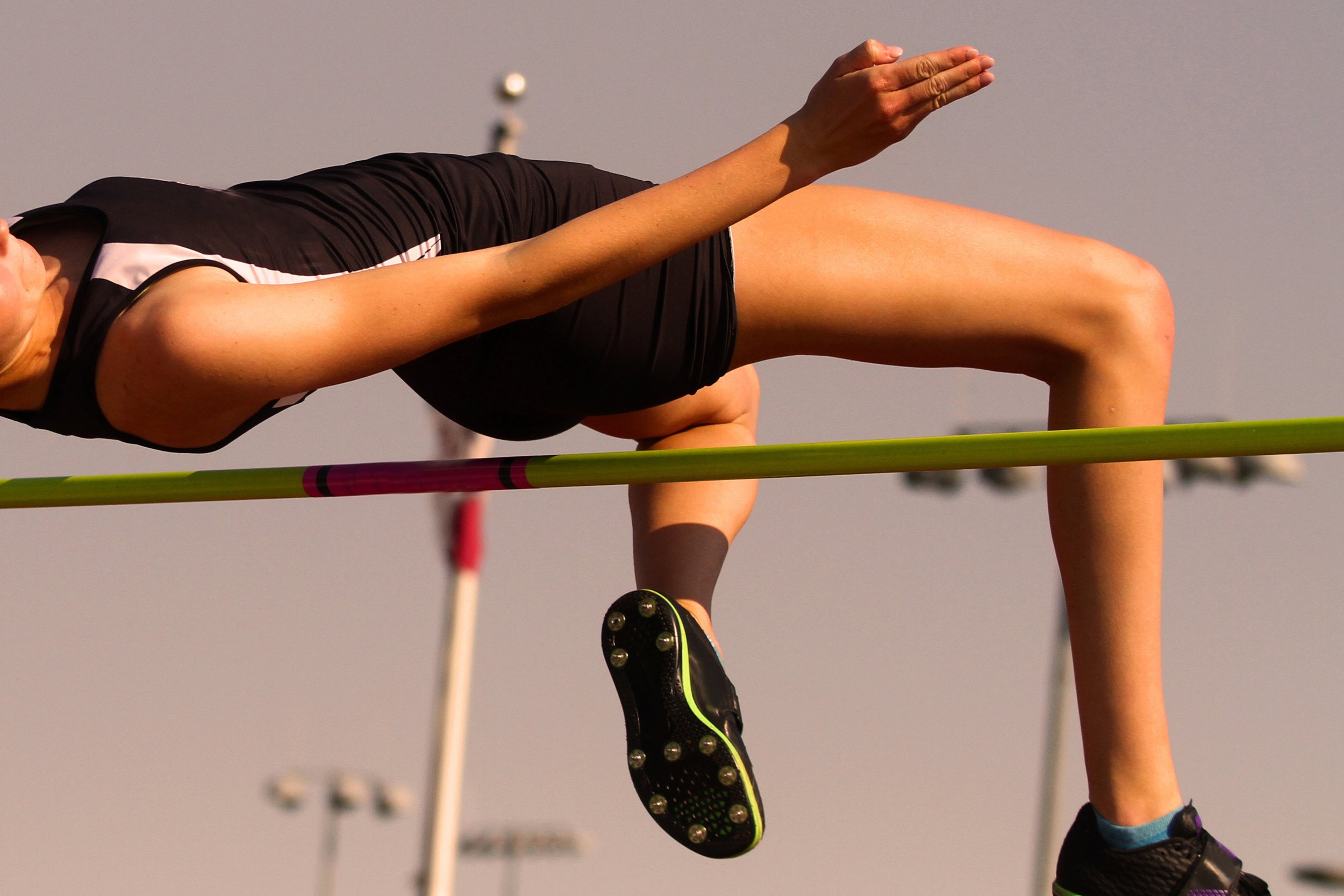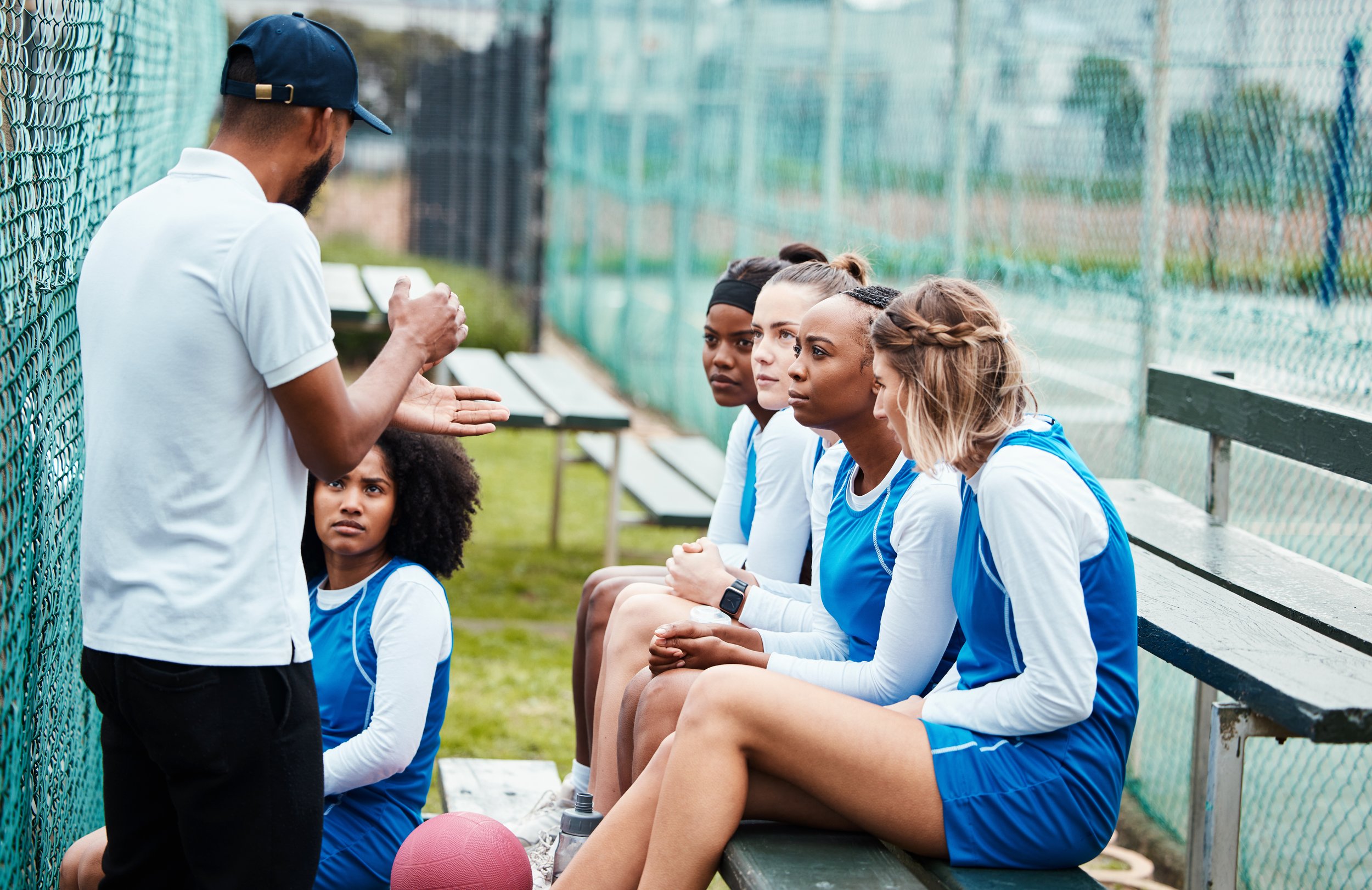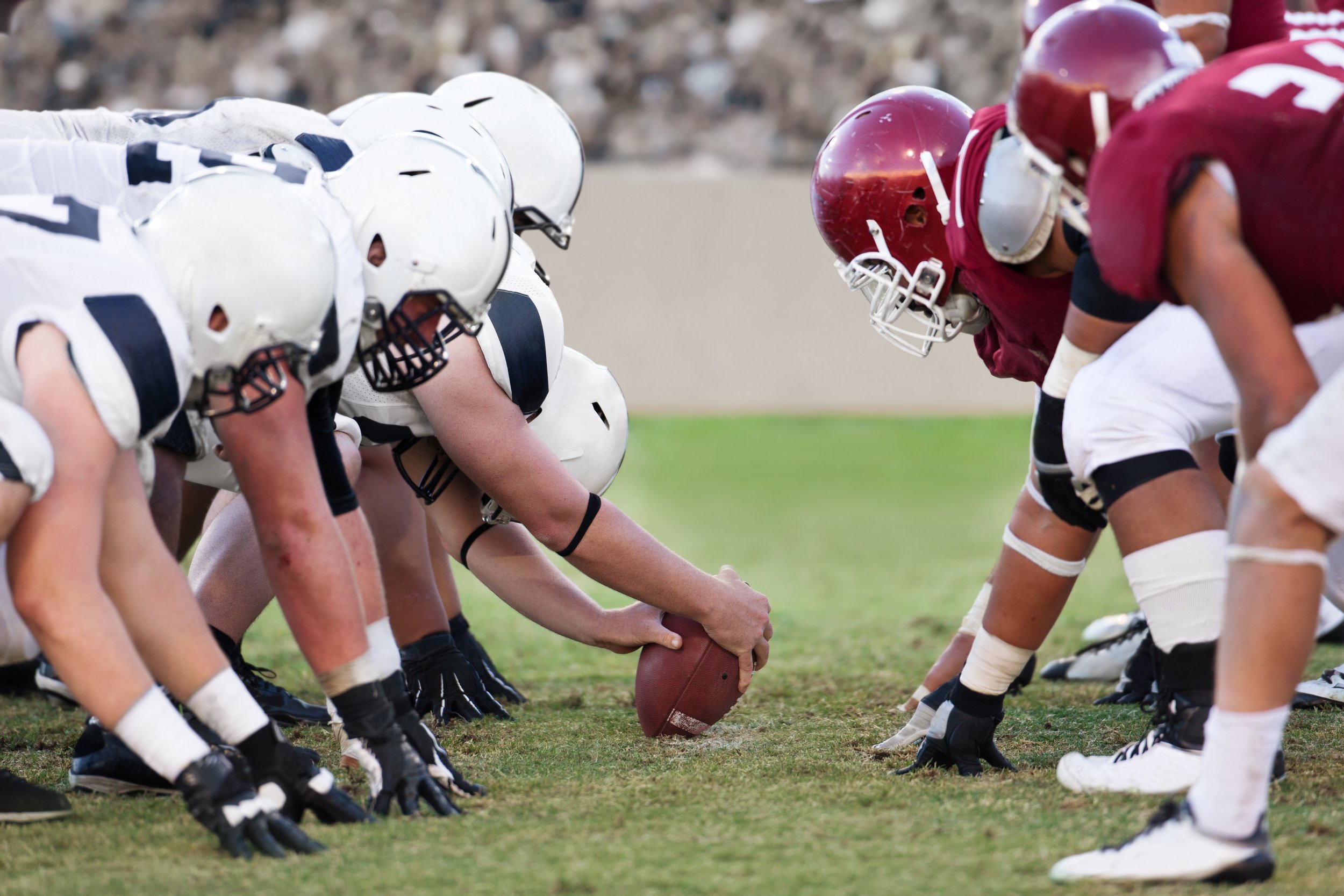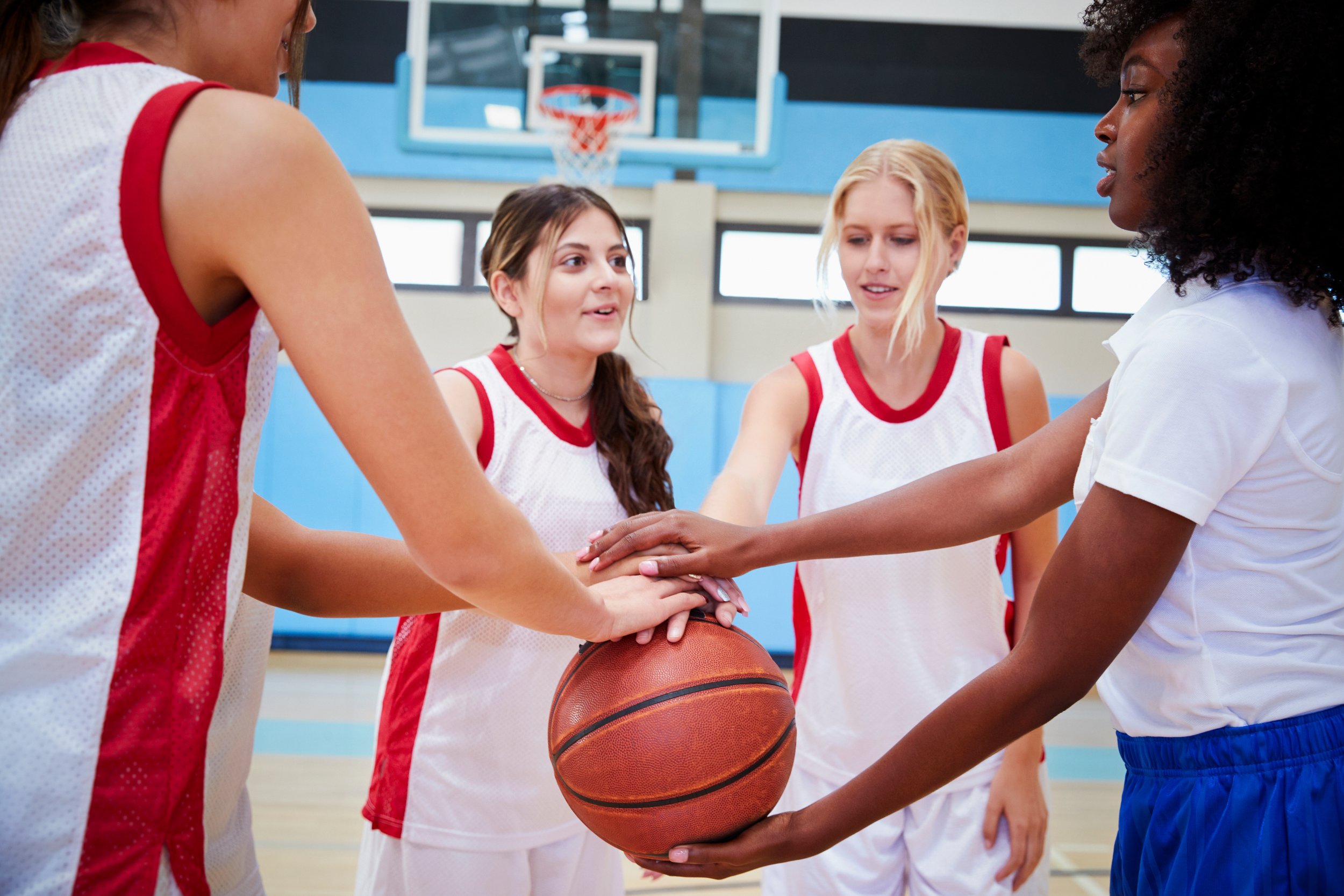The Journey to Becoming a College Student-Athlete
So, you've got the skills on the field and the drive in the classroom. Now, you're looking to fuse your love for sports with your academic career by becoming a college student-athlete. Transitioning from high school to college sports can be challenging yet immensely rewarding. Here's a guide to aid you on your journey.
Some brief notes before we start reading:
Many know me because of my scientific background, but it was as a student-athlete (scholarship in baseball, NCAA Division I, at Southeastern Louisiana University) that I developed my purpose, passion, vision, and mission in sciences because I sought to contribute to the health of society.
Before we jump into sharing advice on becoming a student-athlete, it is important to make these distinctions between higher education institutions that are, in general, often referred to as “college”:
Junior college: a higher education institution offering two-year degrees (often Associate or Technical degrees)
College: a higher education institution offering up to four-year (Bachelors) degrees
University: a higher education institution offering beyond four-year (Masters, Professional Doctorate, and Academic Doctorate) degrees
1. Start Early and Do Your Research:
- Know Your Schools: Understand which universities or colleges offer your sport and the level at which they compete (NCAA Divisions I, II, III, NAIA, etc.). Consider both the school's athletic and academic reputation.
- Reach Out to Coaches: Send an introductory email with your athletic resume, including any highlight videos, stats, and personal achievements. Remember, coaches receive hundreds of emails; make yours stand out!
2. Academic Excellence is a Priority:
- Balancing Act: Your academic record is crucial. A strong GPA and taking benefits of academic training opportunities as a student can open more doors than just athletic prowess. Ensure you're meeting NCAA, NAIA, NJCAA, or other organization eligibility standards.
- Seek Academic Adivosors or Tutors: Juggling sports and studies can be challenging. Never hesitate to seek out tutors or academic advisors. If you struggle academically, egos (i.e., not seeking help because false notion that it shows weakness) will not contribute to your academic, professional, and, more importantly, personal advancement.
3. Understand the Recruitment Process:
- Visits: Take official and unofficial visits to campuses. These visits give you a feel for the school's athletic facilities, coaching staff, and overall environment.
- Commitment: Once you've chosen a college, you might be asked for a verbal or written commitment. Understand the implications of both.
4. Prepare Physically:
- Stay in Shape: College sports demand a higher level of fitness. Regular workouts, maintaining a proper diet, and staying injury-free are crucial. Consider getting acquainted with these routings before now so your body and mind are prepared.
- Summer Camps or Try-Outs: Many colleges offer sports-specific camps or try-outs. It's a great way to showcase your talent and get acquainted with potential future coaches.
5. Get to Know the NCAA, NAIA, or NJCAA (whichever applies to your school of interest):
- NCAA (National Collegiate Athletic Association): it governs sports of over 1,000 universities (offering from 4-yr to doctorate degrees) and is made up of three divisions (I, II, III): the higher the division, the more competitive the university is in sports and have larger budgets for sports. Important: there are specific recruiting calendars for potential athletes in these divisions; therefore, getting familiar with them is essential. Divisions I and II offer scholarships; Division III has the least offering of scholarships but can complement financial aid packages for student-athletes.
- NAIA (National Association of Intercollegiate Athletics): mainly governs smaller private universities and colleges (mainly offering up to 4-year degrees, with some advanced degrees) with fewer regulations than the NCAA. Regarding scholarship offerings, universities in the NAIA mainly offer partial scholarships, with some exceptions.
- National Junior College Athletics Association (NJCAA): is the governing body of junior or community colleges (offering up to 2-yr degrees with some offering 4-yr ones). Similar to NCAA and NAIA, it has its own eligibility rules.
- There are other regional or state collegiate associations that govern college athletics at smaller colleges or universities. Nevertheless, it is essential to become familiar with their regulations if you are seeking college athletics in schools in which college athletics is governed by these types of organizations.
- Eligibility Center: If you aim to play in NCAA Divisions I or II, you'll need to register with the NCAA Eligibility Center. They'll verify your amateur athlete status and academic records.
- Understand the Rules: each (NCAA, NAIA, NJCAA) has specific scholarships, recruitment, and (as mentioned earlier) eligibility regulations. Make sure you're well-acquainted to avoid any pitfalls.
6. Embrace the Mental Challenge:
- Stay Resilient: Rejections, injuries, and tough losses are all part of the game. Keep a positive mindset, and remember why you started this journey as a student-athlete.
- Seek Support: Talk to current or former student-athletes. They'll offer invaluable insights and can guide you through challenging times.
7. Plan for the Future:
- Career Beyond Sports: If your goal is to reach a professional level in sports, know that only a few make it to play professionally. Also, academic and personal growth is more important than becoming a professional athlete. Also, if you do make it to a professional athlete, a candidate who has developed personally is a better candidate than one who has not. Also, we can become a professional in many other aspects (besides sports) that contribute to our well-being and career goals, and at the same time contribute to society.
- Networking: The relationships you forge with teammates, coaches, other student-athletes, colleagues students, professors, and others within the university or college community can greatly benefit your future endeavors.
Conclusion
Being a student-athlete is more than just playing a sport; it's a commitment to excellence in the classroom, your game, and your personal and career development. It's about developing discipline, resilience, time-management skills, values, and principles to serve you well throughout life and contribute to society as we move forward. Embrace the journey, and remember to enjoy every moment. Focus on the brand (either professional in sports or professional in society) that you envision becoming, not the brand that others expect you to become!
If you have any questions or want guidance as a potential college student-athlete, don't hesitate to reach us at felixrm@friveram.com.







